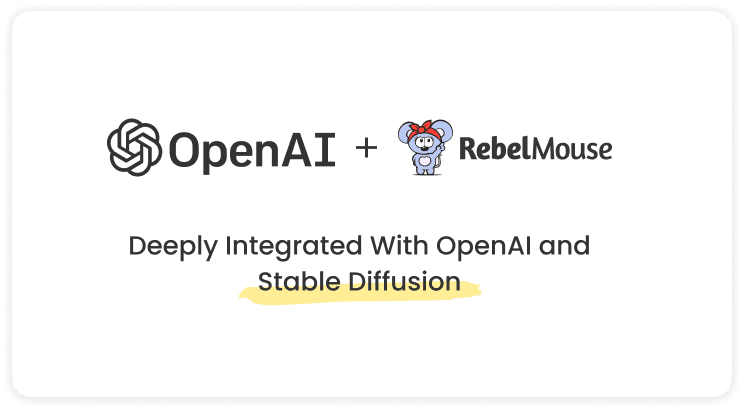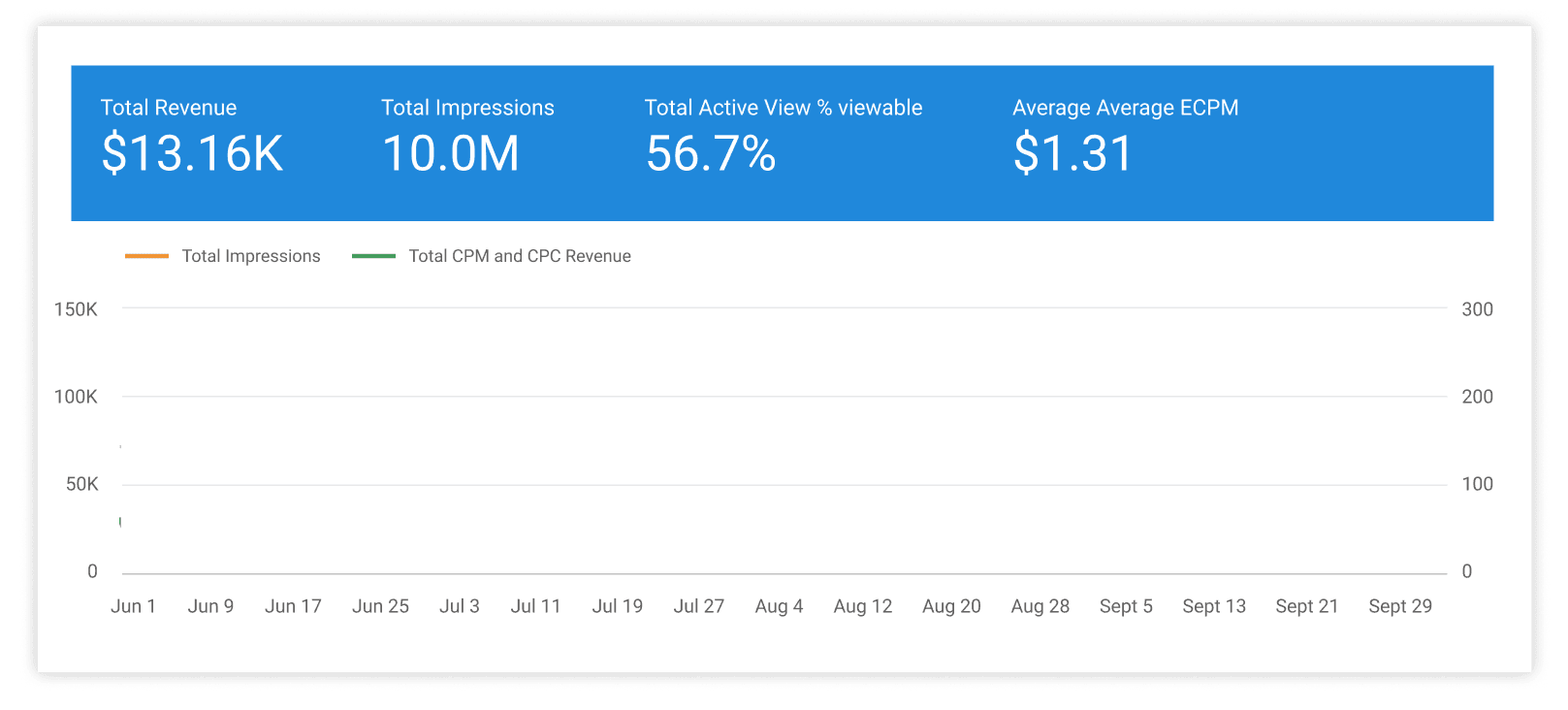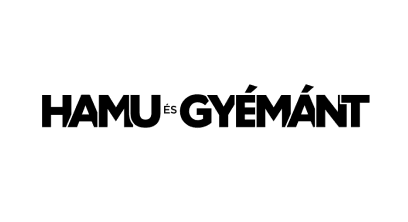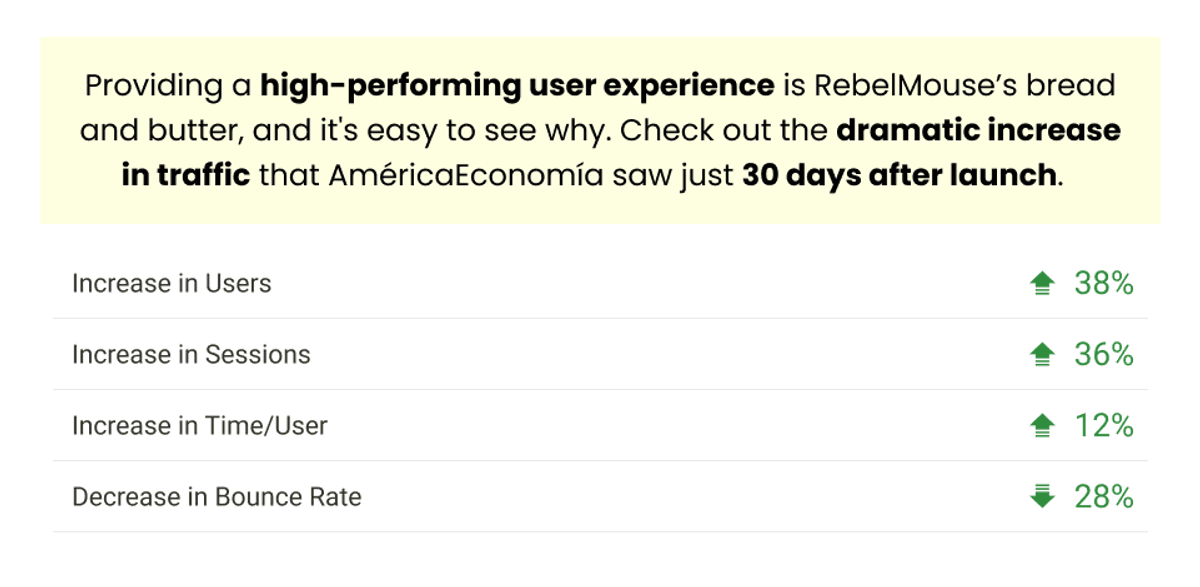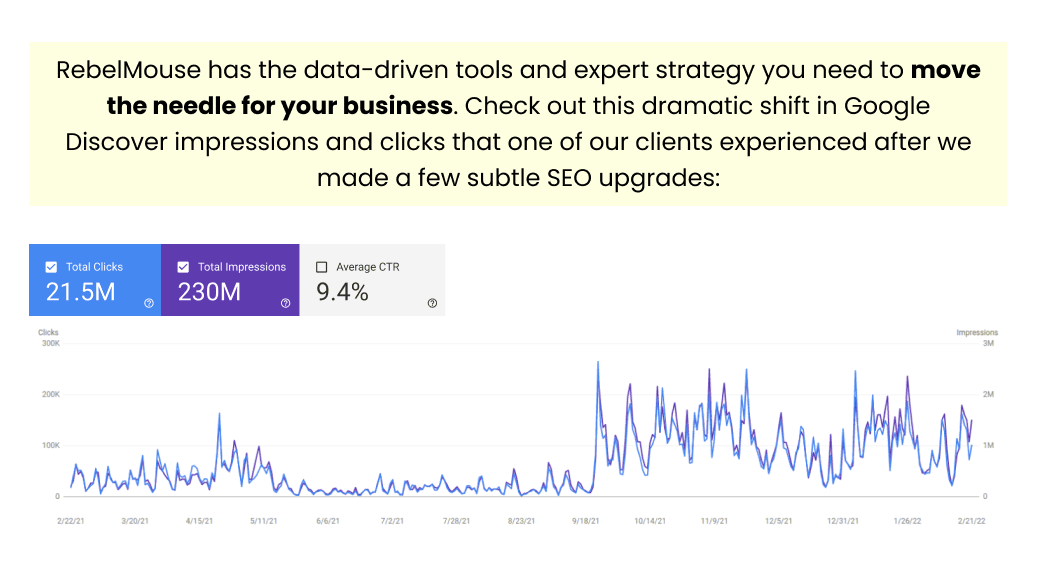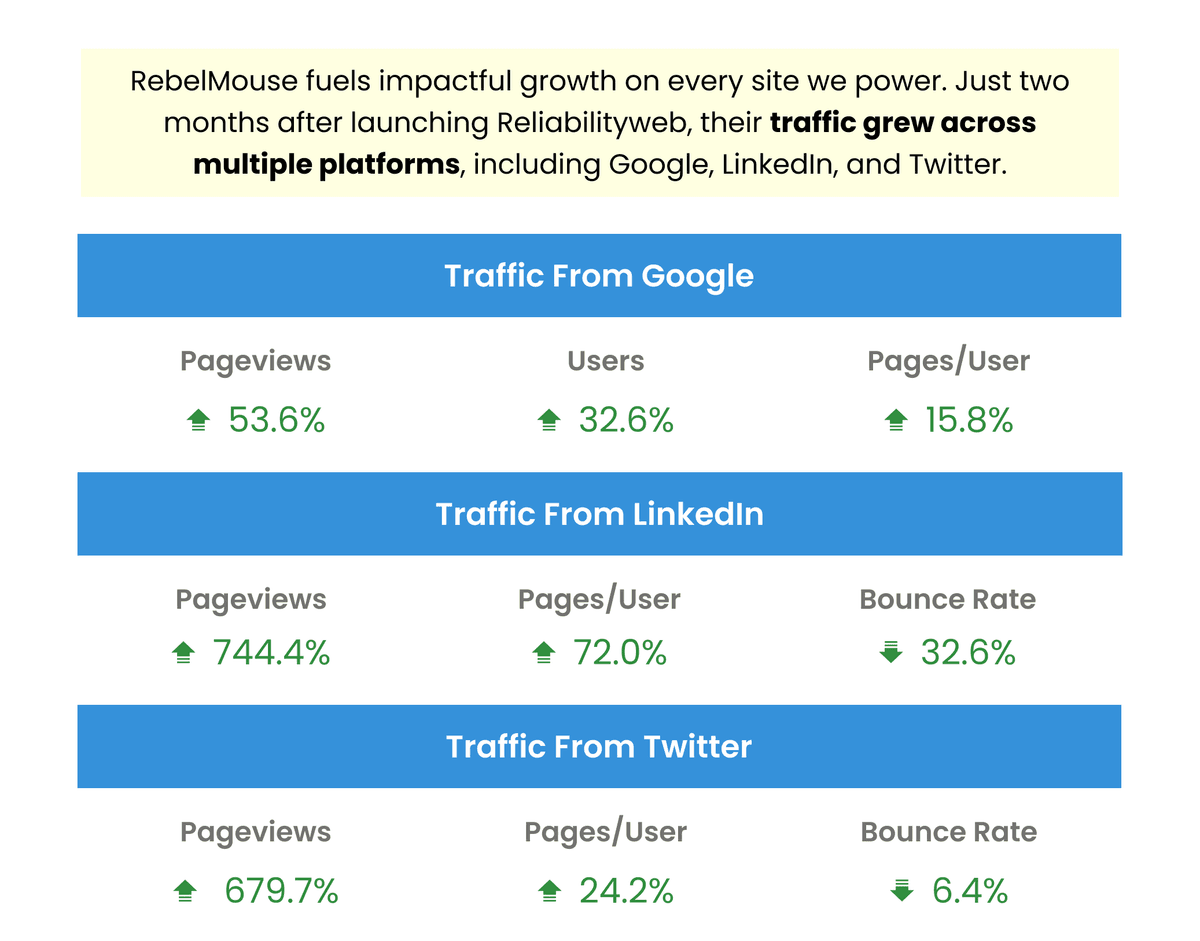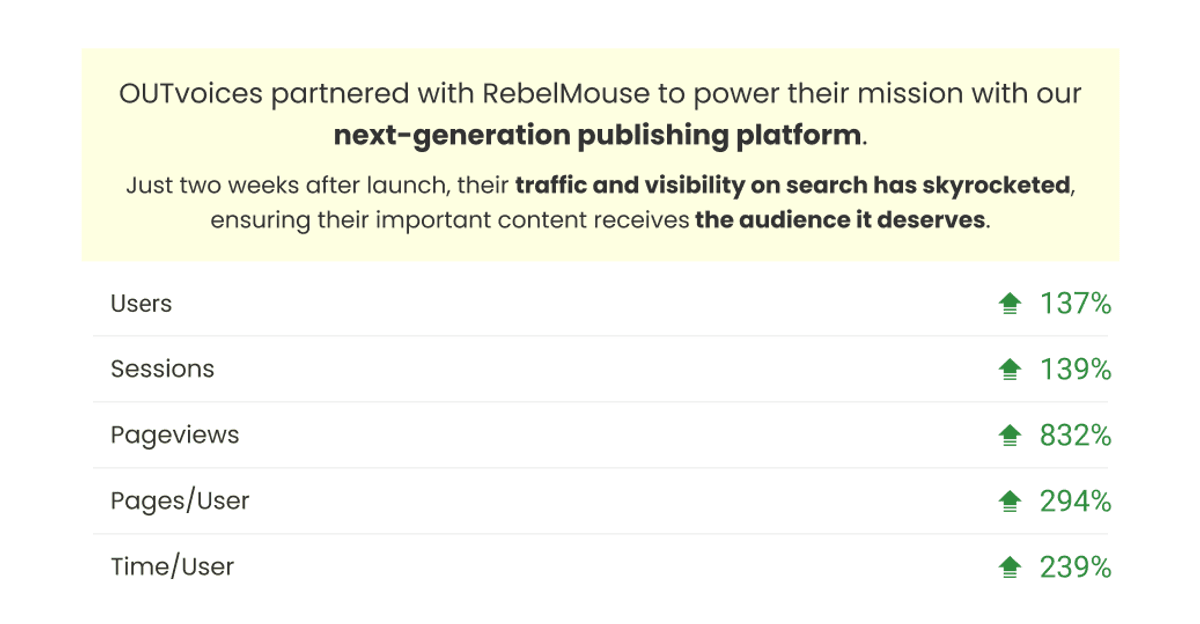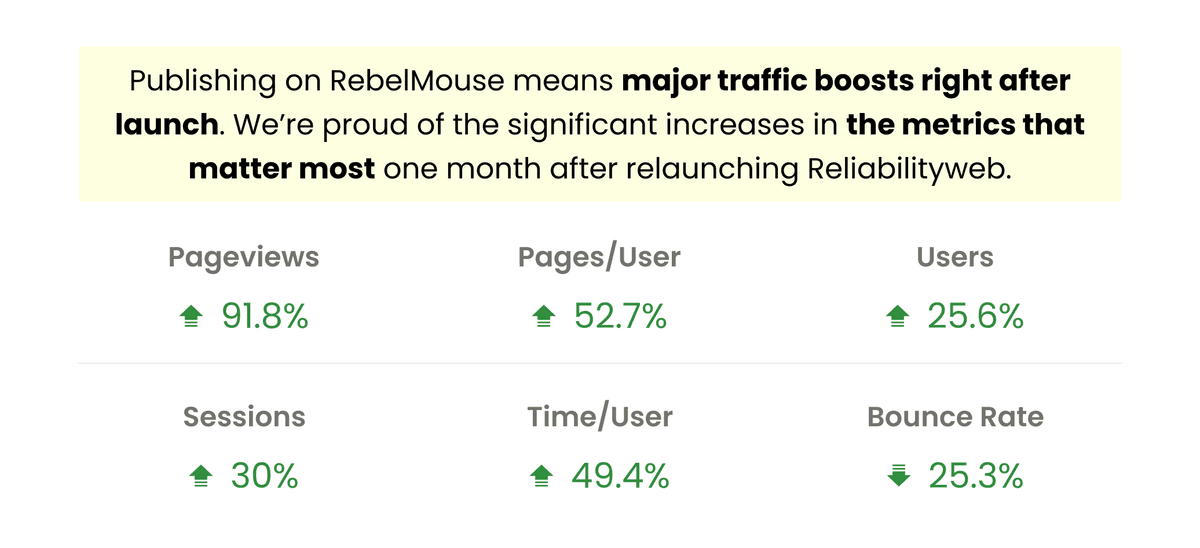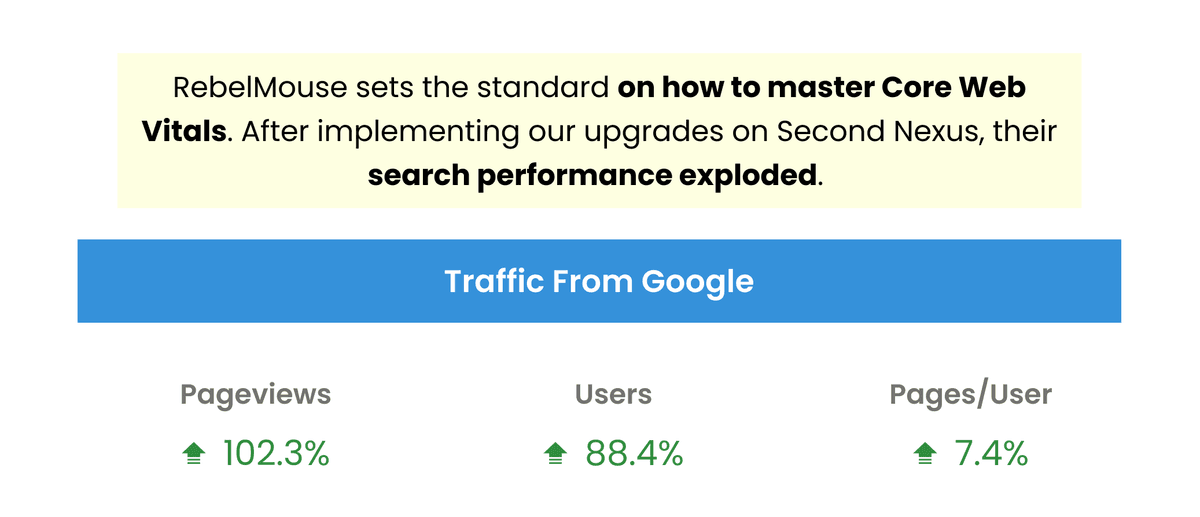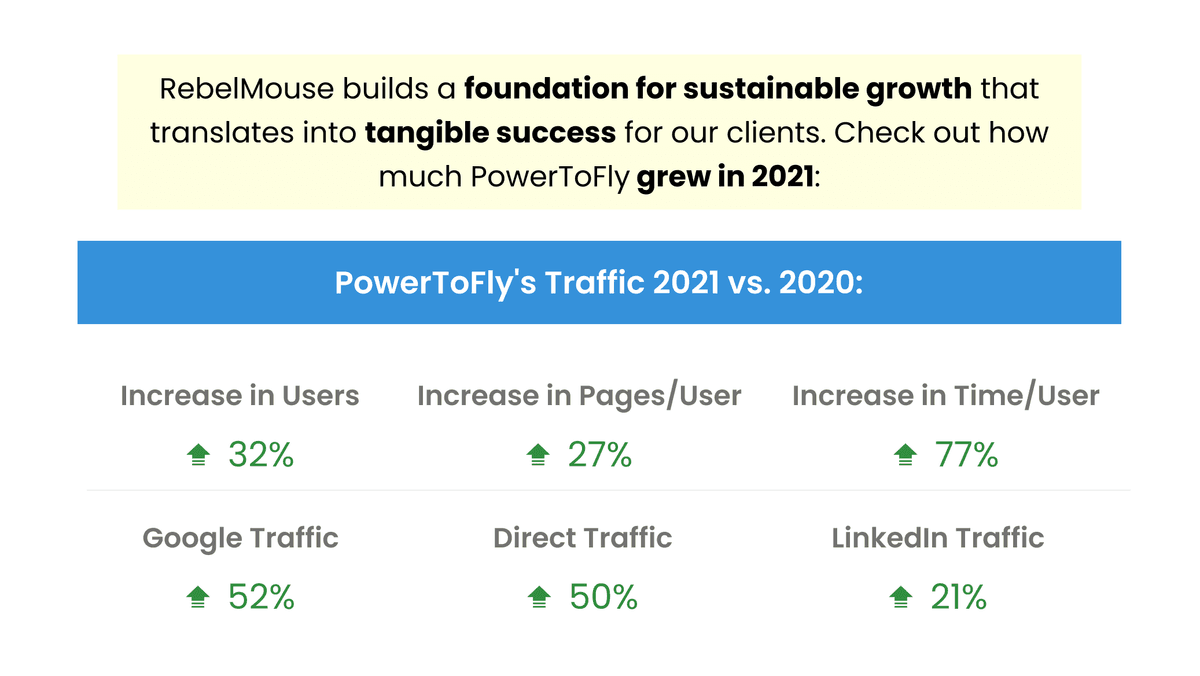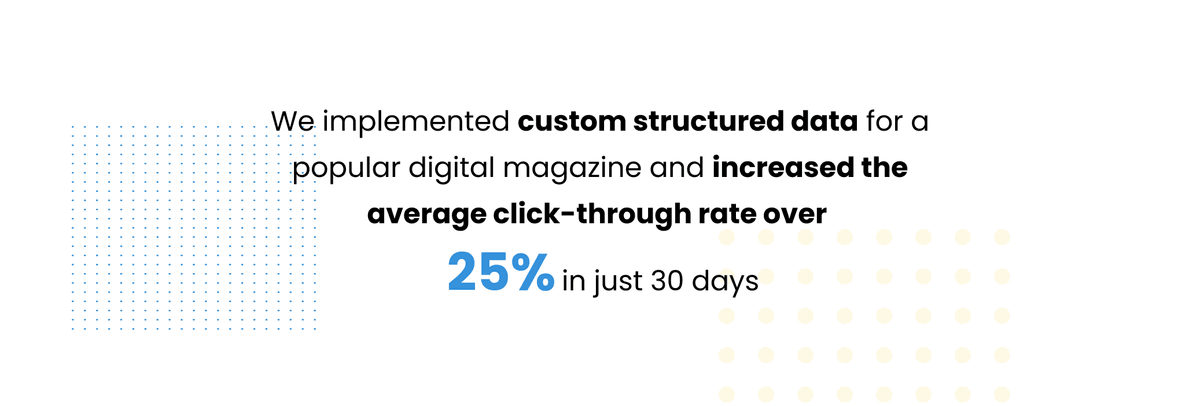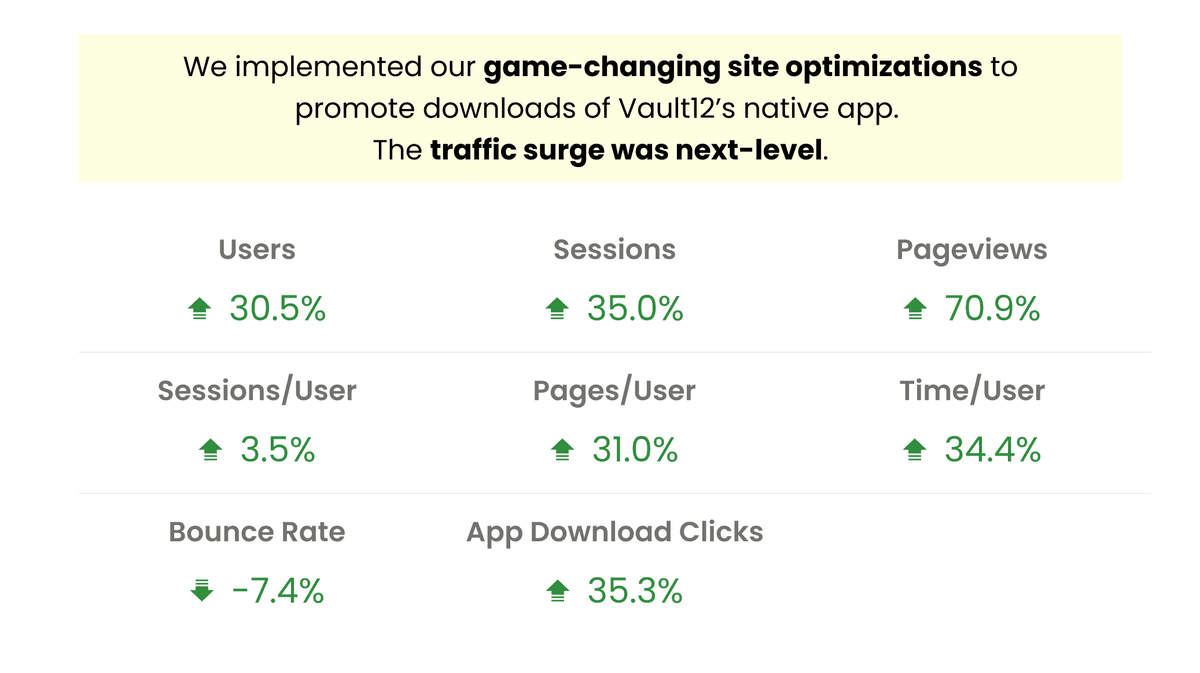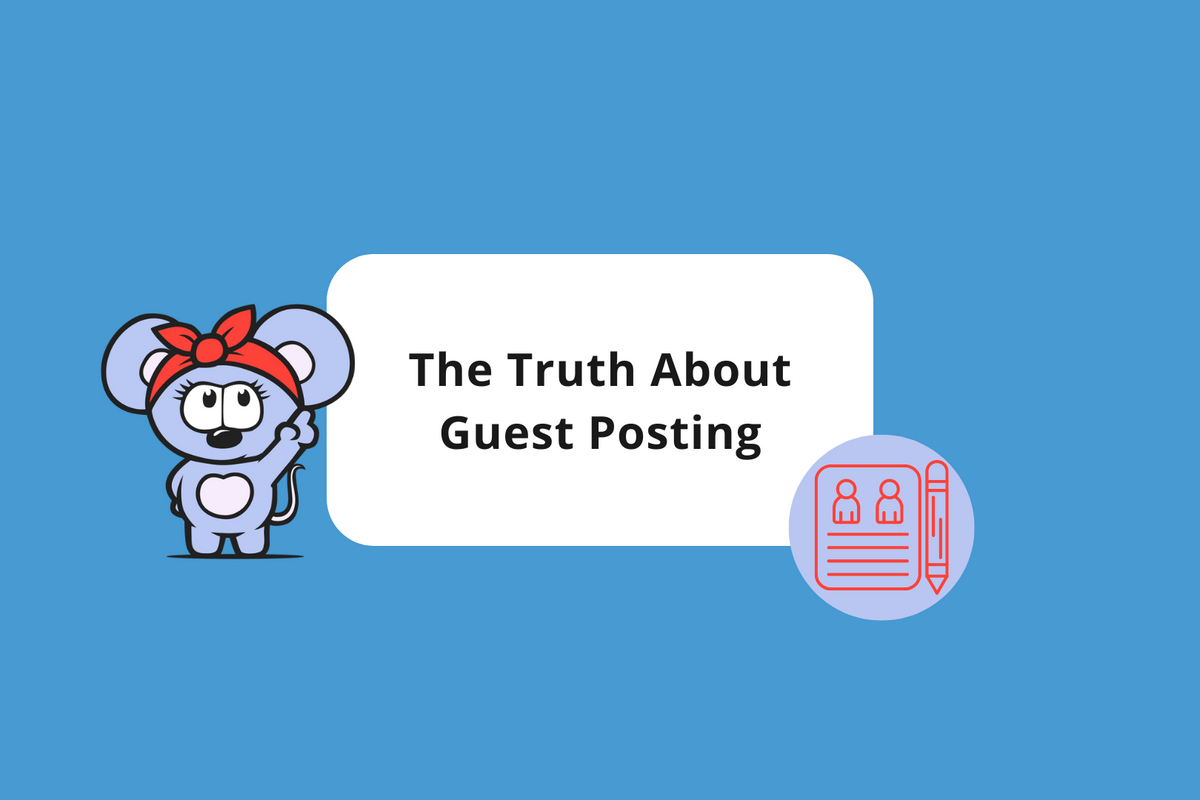
Guest posting is often touted as a popular SEO strategy. Here’s why you should proceed with caution.
There’s a lot of chatter about guest posting, or guest blogging, in the digital content community. Guest posting is often listed as a popular way to improve a site’s ranking on search. However, guest posting is actually against Google’s guidance. Here’s the truth about guest posting and how to make sure you aren’t putting your site’s search performance in danger.
What Is Guest Posting?
Just as it sounds, guest posting is when you have a creator outside of your organization write an article for your site, or vice versa. Sometimes guest posts are exchanged for a price, but not all the time.
Years ago, guest blogging was a great way to build a reputation for your website and generate important backlinks . Backlinks are simply links to your website that are hosted on another site. If your site has backlinks on quality, authoritative websites, they will help your site’s own domain authority and increase your success with organic search.
Creating quality backlinks is still an important part of any SEO strategy. However, guest blogging isn’t the best way to generate the kind of backlinking that Google is looking for.
What Is Google’s Official Stance on Guest Posting?
Guest posting became oversaturated quickly, and evolved into a popular way for spammers to get their content to rank highly on search. Because of this, Google’s algorithm has deprioritized guest blogging over the years. Guest blogging for advertising purposes is now even listed as a type of link spam in Google’s official spam guidelines .
Google says that “advertorials or native advertising where payment is received for articles that include links that pass ranking credit, or links with optimized anchor text in articles, guest posts, or press releases distributed on other sites” will be considered as link spam.
Here’s an example Google provided of what this kind of link spam can look like:

Google says such links aren't a violation of their policies, but they must be qualified with a rel="nofollow" or rel="sponsored" attribute value to the <a> tag. Click here to learn more about these tags.
Is Guest Posting Ever OK?
Even though Google began deprioritizing guest blogging in 2014, a recent poll on Twitter found that it’s still popular digital strategy:
\u201cDo you guest post for SEO reasons?\u201d— Dr. Marie Haynes\ud83d\udc3c (@Dr. Marie Haynes\ud83d\udc3c) 1668651710
While guest blogging isn’t a completely dead SEO strategy, it should be used thoughtfully in a way that will add value to your website, rather than a quick and easy way to boost search performance. Over the past decade, Google has made its mission to prioritize high-quality content that creates value for its readers. It’s possible that writing or hosting guest posts can be beneficial to users if they’re made with the intention of informing audiences rather than building out links strictly for SEO purposes.
If you write quality content for another site, you can reach audiences that may have never heard of you before. In addition to that increased visibility, you can build credibility not only with your new audiences, but with Google’s algorithm. However, it’s important to remember that this is only true if the content is high quality, useful, and comprehensive.
Semrush has posted a great short list of questions to ask yourself before getting involved in guest posting:
- Who does your article benefit?
- Who would want to read it?
- If the article is only for your benefit (e.g., links, branding, etc.), why would anyone want to publish it?
- What information provided will be unique and different from what Google has already ranked?
- Is this topic saturated in the SERPs?
In other words, proceed with caution before jumping into a guest-posting relationship, and follow Google’s most golden rule — quality content above all else.
Stay Ahead of Search Trends
It’s important to be aware of Google’s stance on guest posting, especially with frequent spam updates that could impact your site’s search rankings. Still, creating content to the standard that Google expects is not easy, especially when there are so many other items to manage on your SEO checklist .
RebelMouse is an enterprise CMS and creative agency that embraces a holistic approach to search so that every piece of content is high performing and SEO friendly from the start. Request a proposal today and let’s start working together.
























